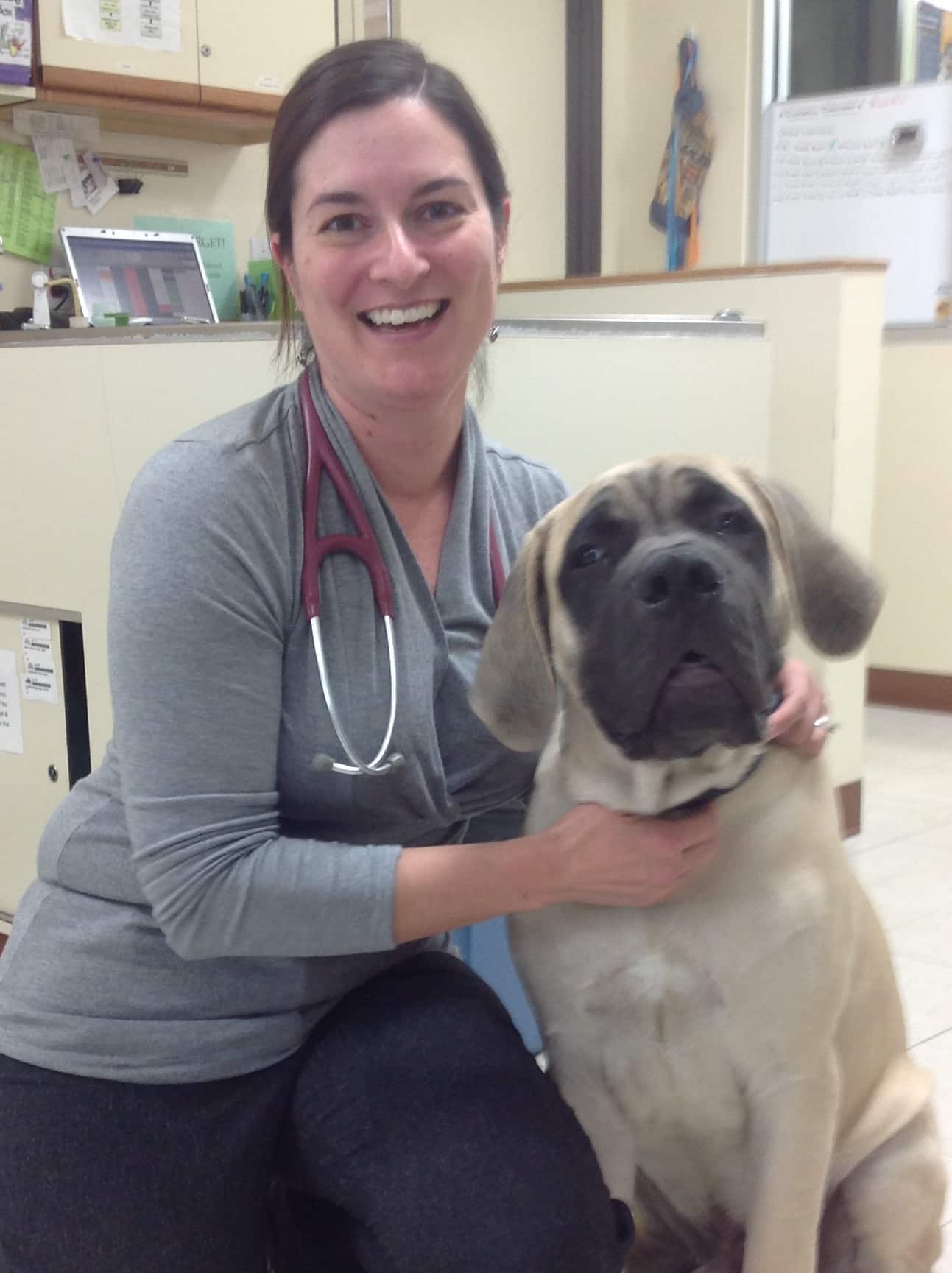
Since the passage of two amendments to the state constitution in Colorado (Amendment 20 in 2000, allowing medical use of marijuana and Amendment 64 in 2012, allowing recreational use), exposure of pets to marijuana in our area has increased, and toxicity from these products can be serious in animals.
Pet exposure occurs most frequently in dogs, but cats and other pets are also at risk. Different forms of marijuana can contain drastically variable levels of THC (short for tetrahydrocannabinol, the main psychoactive component in marijuana and other cannabinoids). Exposure can occur to marijuana plants, loose leaf marijuana, edibles, oils, or second-hand smoke.
For pets who have ingested items containing THC or inhaled marijuana smoke, signs of toxicity can include nervous system changes, such as stumbling, sleepiness, mental dullness, and disorientation; rarely, an affected pet may show signs of CNS stimulation. Severely affected pets may go into a coma. Dogs usually display urine dribbling as a sign, and their third eyelids are usually prominent. Affected pets may also show an extreme sensitivity to stimuli such as touch or sound. Cannabinoids can cause vomiting, but this is rarely seen as they usually produce profound anti-nausea effects.
If a pet has consumed a large amount of edible product (i.e. – brownies, candy, cookies, etc.) or plant material, gastric lavage (aka “stomach pumping”) may be necessary, and it is important to seek veterinary care as soon as possible. Activated charcoal may be administered orally to minimize further absorption of THC. In more severely affected cases the pet may need to be hospitalized for supportive care, which can include warming, oxygen, IV fluids, and sedation if needed. There is no specific antidote for THC toxicity.
While marijuana toxicity is rarely fatal, it can indeed be serious, and immediate veterinary care is always best. Recovery time for pets is highly variable, but most pets are back to normal within 12 to 24 hours. If you have any specific questions about marijuana toxicity, ask your veterinarian or veterinary technician.
Please visit longspeakah.com for more information about our hospital and services.
- Kristin Hrenchir, DVM
